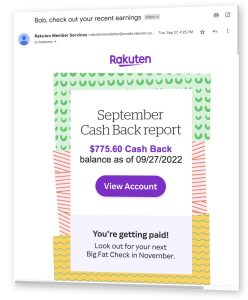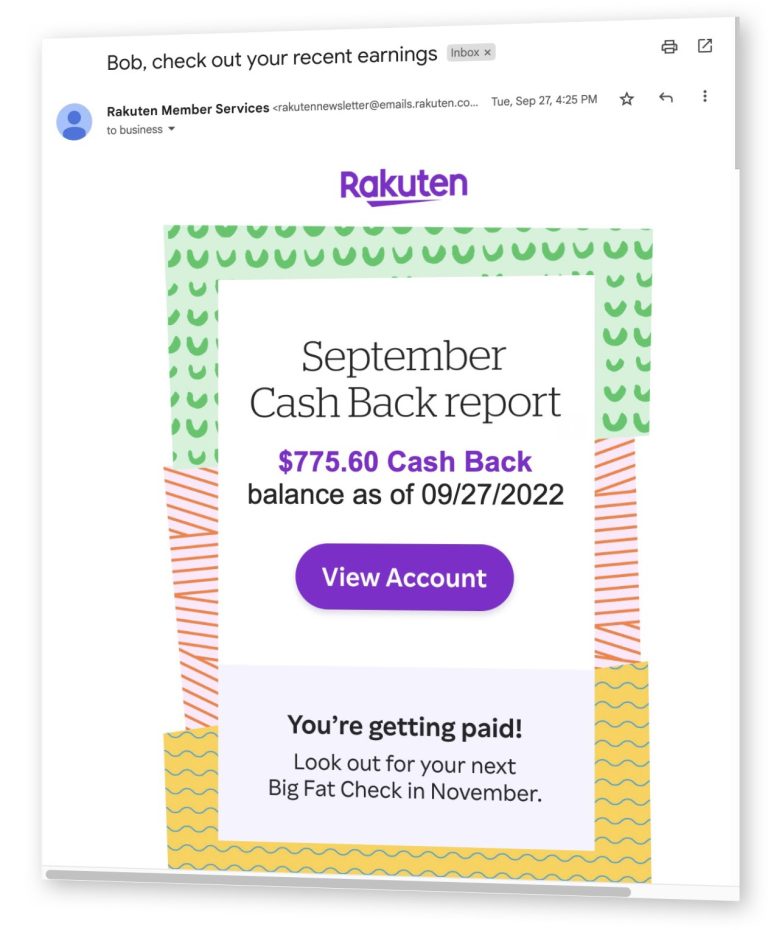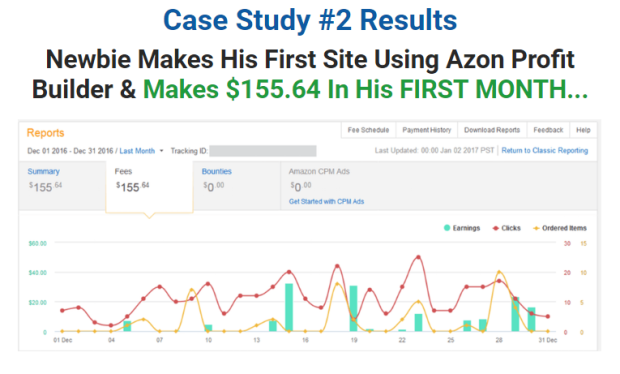
When you factor in the cost of your time, is it still cheaper to make chicken alfredo at home than to order it at Olive Garden? Photo: Olive Garden
The other day, I had a great conversation with a reader who wrote in to discuss why I advocate the value of maintaining your stuff, cooking at home, and other such things that require some effort but save significant money in the long run.
His argument primarily revolved around the idea of time economy or opportunity cost. Basically, his idea was that it’s often worth paying others to do simple tasks for you, like maintaining your car or cooking your meal, because it saves you time.
In some situations, I agree with him. Much of modern life is about time economy. Do we harvest wheat from our fields and mill it into flour? No, we buy a sack of flour from the store. This is all about time economy, because although it might cost less to grow wheat, harvest it, and then run the wheat through a mill to produce flour, the time investment there is huge for the amount of flour an individual person might need.
However, there comes a point where time economy becomes a crutch, where you’re no longer saving much time at all but you can “pretend” that it is because you see other advantages.
Take, for example, a plate of pasta alfredo at the Olive Garden. You can literally make the same meal at home – a small salad, a few breadsticks, and a plate of pasta – in about fifteen minutes. If you’re making the breadsticks from scratch – and trust me, if you do that, they’re going to blow the Olive Garden breadsticks out of the water – you may have to invest ten minutes earlier in the day as well. Add another five minutes for clearing the table and loading up the dishwasher and you might – might – have half an hour of effort involved from beginning to end.
If you add up the time it takes to go to the restaurant, wait for a table, place your order, wait for your food, then drive home after the meal, it’s actually far greater than the time invested in actually making the meal at home.
Yet meals are often used as a prime example of “time economy,” in that it takes more time to prepare food at home than it does to get food from a restaurant. However, that’s often not true at all, and even when it is, it doesn’t make up for the increased cost of restaurant food.
(Don’t get me wrong – there are situations where time economy is definitely a factor. Ordering delivered food is probably the prime example of this phenomenon. There are other situations where location brings time economy to the forefront, like when you’re near a fast food restaurant and 20 minutes away from home, but you have a meeting in 30 minutes and you’re hungry. Those are exceptional situations, not typical meal times.)
The reality is that “time economy” is often used as an excuse to offload a skill onto someone else.
Choosing to pay someone else to make a meal for you instead of making one yourself looks like “time economy” if you aren’t experienced in making food yourself, because the process itself feels slow and cumbersome and full of risk of failure to you. However, as you gain experience with preparing food at home, the “time economy” begins to quickly disappear.
I’ve cooked literally thousands of meals for my family over the last several years. At this point, it is faster for me to make almost anything at home than it is to go to a restaurant. I know how to prepare at least a few dozen meals my family likes off the top of my head, and I can follow most reasonable recipes really easily if I need more ideas.
The thing is, at the start, I was pretty terrible at cooking. I couldn’t manage scrambled eggs very well. Boiling pasta seemed like a major chore. It took a lot of experience for me to reach the point where time economy feels strongly in favor of preparing food at home because it’s a skill I built up.
And that, to me, leads to the Catch-22 of time economy. Whenever you use time economy as a reason to pay someone else to provide a service for you that you could easily provide for yourself, not only is it costing you money, it’s also costing you that increase in skill that you would get from doing it yourself.
That increase in skill has value. It means that the next time you’re faced with a similar choice, you’re going to be more likely to simply take on the task yourself. It’s going to seem less intimidating. It’s going to take less time. It’s going to take less mental focus. And it’s still going to save you money, too.
This entire phenomenon isn’t just about restaurant food. It’s about things like paying someone to fertilize your yard or to mow your lawn or to change the oil in your car. It’s about hiring a plumber to fix your toilet or an electrician to install a new thermostat. It’s about hiring someone to make a cup of coffee for you in the morning.
All of those – and many more – are example of the very same phenomenon. As you build up a particular skill, it seems less and less sensible to hire someone else to perform that skill for you.
This doesn’t mean that the initial choice is an easy one. At the start, the balance is almost always heavily weighted toward paying someone else to do it for you in favor of “time economy.”
When I first started making my own food, it was far, far easier to just go to a restaurant somewhere for breakfast. Making my own scrambled eggs was a slow process that usually involved errors like dropping shells into the eggs, adding too much milk to the mix, burning the eggs in the skillet, dropping food on the floor because I had a bad skillet grip, and so on. I had to take my time with each step because it wasn’t intuitively familiar.
As time went on, all of those little steps became easier and more natural and faster. I learned about little tricks like heating the skillet while I was cracking and mixing the eggs, and how to properly and efficiently crack an egg (I now usually crack two at once with one hand). I can tell just by glancing at the eggs how close they are to being done and whether they need to be turned over in the skillet. This means that cooking such eggs used to be my focus, but now I can make scrambled eggs and pancakes at the same time while still carrying on a conversation with whoever happens to be in the room.
The “time economy” of ordering such food instead of making it myself pretty much vanishes at that point. It simply isn’t more efficient with my time to have someone else make it for me (without the exorbitant price of delivery or a home cook or an exceptional restaurant with a great chef).
However, I never would have reached that point had I not chosen to go against “time economy” on a regular basis earlier on in my life. There were many, many times where time economy in that moment pushed me toward ordering delivery or takeout or even going to a restaurant. Those options offered some efficiency with my time – but at a financial price. However, by going against time efficiency and going toward cost efficiency, I began to steadily improve my personal skill at cooking.
The next time I made the choice, the difference in time efficiency was less… and each time I made the active choice to cook for myself instead of go out, I became more and more efficient in my home kitchen. Eventually, time economy largely stopped being a factor at all, which makes the cost savings of home cooking really, really attractive.
This entire story could be repeated for a number of personal skills. For example, with changing oil in cars, I’m still at the point where “time economy” pushes me toward having others do it. I’ve not done it enough times so that it’s really mindlessly efficient for me to just do it myself, though I know that I will eventually reach that point if I keep pushing myself to just change my own oil.
When I reach the point where it’s a matter of grabbing a pan, sliding under the car for a few seconds to drain the oil into that perfectly-placed pan, waiting an hour, then sliding back under to replace the screw, then pouring oil in the top – taking maybe five minutes all told – then it will be far more economical in terms of time and money to just do it myself.
Here’s the take home message: in the short term, “time economy” often pushes us to make financially poor choices. It’s often easier to pay someone else in the moment to do something to save us a little time and effort. However, once we build up that skill a little bit, that “time economy” gets smaller and smaller – and it often vanishes.
As we become more efficient with a task, with faster completion and a lower error rate, the time advantage of paying someone else to do it starts to become unjustifiable as the savings of doing yourself increases and the time for doing it yourself decreases.
Thus, unless you’re in an emergency, you’re usually better off trying to do most common tasks yourself. It’s not because it’s going to be cheaper right now – though it almost always is – or because it’s going to be more time efficient right now – often, it won’t be – but because you’re building up a skill for later use that will both reduce the cost and the time for you to do it yourself. Eventually, you’ll reach a point where the time economy of paying someone else becomes so small that it’s no longer worth it most of the time.
So, make the tougher choice sometimes. Make your own meals when going out seems easier. Try changing your own motor oil. Fix your own toilet when it leaks. Those tasks might seem difficult compared to just ordering food, heading to Jiffy Lube, or calling a plumber, but doing it yourself is far cheaper, and the more times you do those tasks, the easier and less time-consuming they’ll become.
The post Is Time Economy a Good Justification for Wasting Money? appeared first on The Simple Dollar.
SOURCE: The Simple Dollar The Simple Dollar – Read entire story here.




















